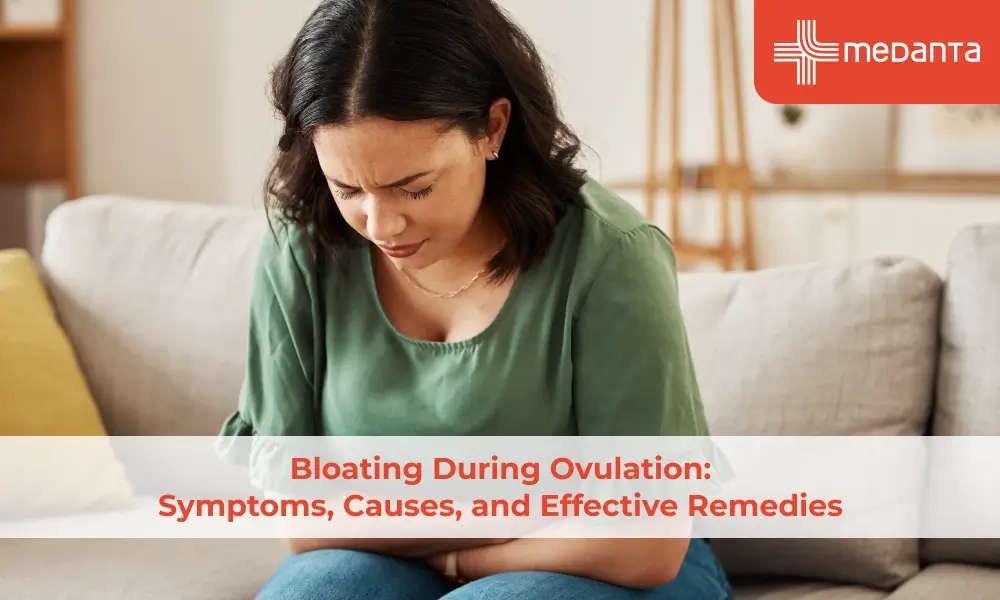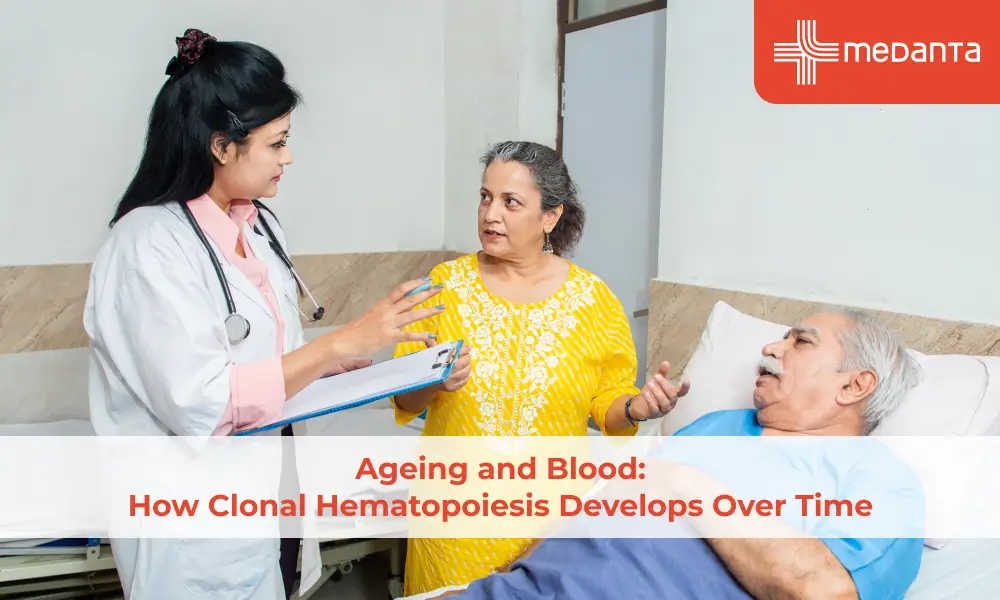Cardiomyopathy

Cardiomyopathy refers to a spectrum of conditions that affect your heart muscle. When the heart is unable to pump blood, the person may experience fatigue, shortness of breath, or the awareness of heartbeats, known as heart palpitation. The symptoms tend to get worse over time. Cardiomyopathy does not have a cure. But there are medicines and lifestyle choices that can help you lead a good lifestyle and slow down the progression of the condition.
What are the symptoms of cardiomyopathy?
Cardiomyopathy may not have any symptoms in the beginning. As the condition progresses, symptoms start getting worse and vary from person to person, depending on the type of cardiomyopathy. Symptoms are usually the result of the heart not effectively being able to clear blood and the blood backing up to the veins.
Some of these common symptoms include:
- Swelling in the legs, ankles or feet
- Bloating in the abdomen due to fluid buildup
- Cough while lying down or difficulty lying flat or sleep
- Intense tiredness and fatigue
- Breathlessness that gets worse with activity
- Rapid heartbeats that felt in the chest
- Discomfort or pressure in the chest
- Feeling fainting, dizziness, or lightheadedness
What are the causes of cardiomyopathy?
Some types of cardiomyopathy are inherited and passed on through families. Other types of cardiomyopathy, may be the result of other health conditions like:
- High blood pressure that is not treated
- Heart attack
- Complications of pregnancy
- Vitamin and mineral deficiency in the diet
- Covid-19 infection
- Build up of iron in the heart muscles
- The buildup of abnormal proteins for tiny lumps of inflammatory cells in the body
- Connective tissue disorders
- An increased heart rate that is not treated
- Conditions affecting the heart valve
- Metabolic disorders like obesity and thyroid disease
- Drinking too much alcohol over many years
- Chemotherapy and cancer treatment
- Drugs like cocaine, amphetamines, and anabolic steroids
What are the types of cardiomyopathy?
There are several types of cardiomyopathy, of which the most common types are:
- Dilated cardiomyopathy - This is a condition in which the chambers of your heart are continuously large and become dilated. It causes the heart wall to become thin and unable to pump as it should.
- Hypertrophic cardiomyopathy - This is a condition in which the walls of your heart's chambers become thicker. Most people with this condition usually have an everyday life, but for some people, it may require treatment when it becomes severe.
- Restrictive cardiomyopathy - Restrictive cardiomyopathy is a condition where walls of the lower chambers of the heart's ventricles stiffen and become unable to expand and fill up with blood appropriately. It leads to heart failure and fluid buildup in the lungs.
- Arrhythmogenic right ventricular dysplasia - This is a condition in which abnormal heart rhythms due to genetic mutation can result in death in young adults. Early diagnosis enables your doctor to control the regular heart rhythm with medicines or procedures.
- Transthyretin amyloidosis cardiomyopathy - This is a condition that causes the abnormal buildup of a specific kind of protein in the left ventricle of your heart leading to a reduction in its pumping capacity.
Some other types of cardiomyopathies may be due to acquired conditions, such as chemotherapy-induced cardiomyopathy caused by damage to the heart from cancer treatment. Peripartum cardiomyopathy is a condition that often occurs together with pregnancy.
What is broken heart syndrome?
Broken heart syndrome is also known as stress cardiomyopathy. The symptoms of this condition may mimic a heart attack and it is caused by sudden psychological, or emotional stress which leads to a rapid weakening of your heart muscle. Broken heart syndrome does not usually lead to death, although there is about a 1% chance.
How common is cardiomyopathy?
Cardiomyopathy affects almost one in five hundred people and is relatively common.






